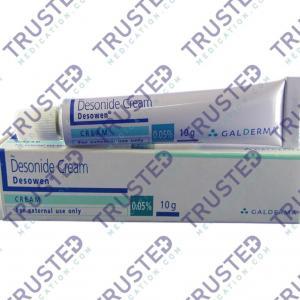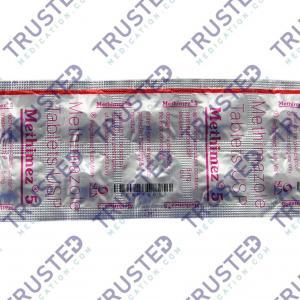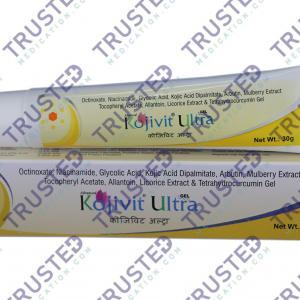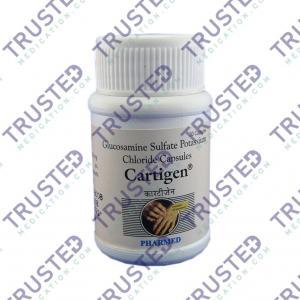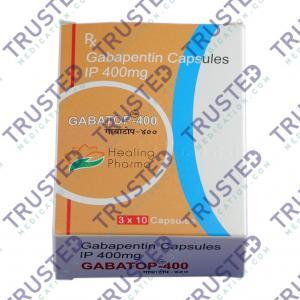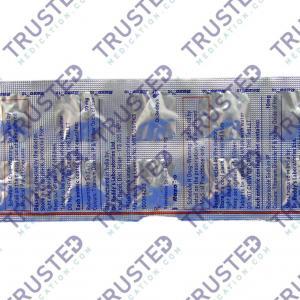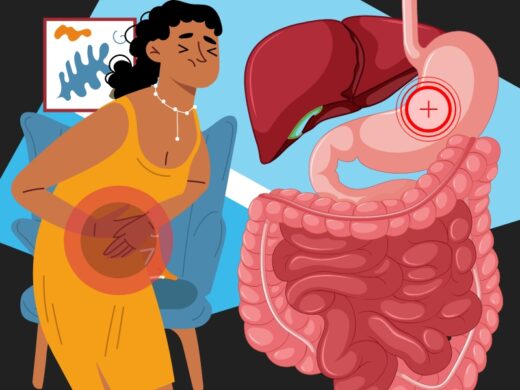
Histamine Blockers are used to treat duodenal ulcers and prevent their return. With over-the-counter (OTC) strengths, these medicines relieve and prevent heartburn, acid indigestion, and sour stomach. H2-blockers may also be used for other conditions as determined by your doctor.
What are Histamine Blockers?
Histamine Blockers were the first effective drugs for peptic ulcers. In the 1980s, they were the mainstay of treatment for ulcers and gastroesophageal reflux disease (GERD).
As the name implies, the first generation antihistamines were the first type approved by the Food and Drug Administration (FDA). They began to be approved in the United States in the 1930s and are still prescribed today. They work on histamine receptors in the brain and spinal cord and other receptors. Most notable about this generation of antihistamines is that they cross the blood-brain barrier, which results in drowsiness.
The FDA approved second-generation antihistamines, which first came to market in the 1980s. The second-generation antihistamines do not cross the blood-brain barrier to the extent that first-generation do and therefore do not cause drowsiness at standard dosage levels. Second-generation antihistamines are safer than first-generation antihistamines because they don’t cause drowsiness and interact with fewer drugs.
Antibiotics cure non-NSAID ulcers, and proton pump inhibitors (PPIs) are better for GERD. Therefore, H2 antagonists face an uncertain future as prescription drugs. Nonetheless, they are comparatively cheap, effective, and safe to relieve heartburn. Lower dose preparations are available over-the-counter to be used for mild heartburn.
Histamine stimulates cells in the stomach lining to produce hydrochloric acid. Histamine also affects the H1 receptors on the nasal mucosa, bronchi, and skin that participate in allergic reactions such as hay fever and hives. These can be treated with antihistamines that block the H1 receptor.
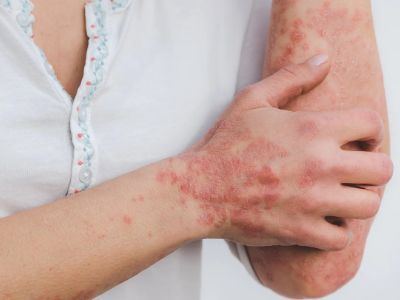
H-1 antihistamines treat:
- Allergic rhinitis/hay fever
- Allergic conjunctivitis
- Hives and other skin rashes
- Colds
- Food allergies
- Hypersensitivity to certain drugs
- Insect bites and stings
First-generation H-1 antihistamines also treat:
- Insomnia
- Motion sickness
- Anxiety
H-2 antihistamines treat:
- Heartburn
- Gastroesophageal reflux disease (GERD)
- Duodenal and gastric ulcers
- Zollinger-Ellison syndrome
Other conditions antihistamines treat include:
- Anorexia
- Headaches
- Anaphylaxis
- Vertigo
- Parkinson’s disease (to decrease stiffness and tremors)
- Some types of bone pain
Your healthcare provider may prescribe antihistamines for even other conditions.
What are the Different Histamine Blockers for Stomach Ulcers?
Histamine Blockers are a class of medications that can treat conditions that cause excess stomach acid. These medications are available over the counter and by prescription. Common H2 receptor blockers include:
Histamine Blockers work by reducing the acids in the stomach. Acid reducers can treat conditions like Gastroesophageal reflux disease or GERD. Acid reducers can also treat dyspepsia and other conditions that cause the acid in the stomach to flow into the esophagus.
How long does Antihistamine Take Effect for Stomach Ulcer?
Histamine is an important chemical that has a role in several different bodily processes. It stimulates gastric acid secretion, plays a role in inflammation, dilates blood vessels, affects muscle contractions in the intestines and lungs, and affects your heart rate. It also helps transmit messages between nerve cells and helps fluids move through blood vessel walls. Histamine is also released if your body encounters a threat from an allergen. Histamine causes vessels to swell and dilate, leading to allergy symptoms.
Much of the histamine in the body is produced by the granules in mast cells and basophils as part of a local immune response to the presence of invading bodies. The basophils and mast cells are found in nearby connective tissue. They are particularly abundant at sites where injury may occur, such as the nose, mouth, feet, surfaces of the internal organs, and blood vessels. Histamine is also made in the brain, acting as a neurotransmitter or chemical messenger that carries signals between nerves.
Antihistamines work by blocking the effects of a chemical called histamine. Histamine is made and released by your immune system to help protect you from infections. It makes small blood vessels leakier around an area of damaged tissue. It lets immune cells, and fluid enter the damaged area to fight infection and heal the tissues.

